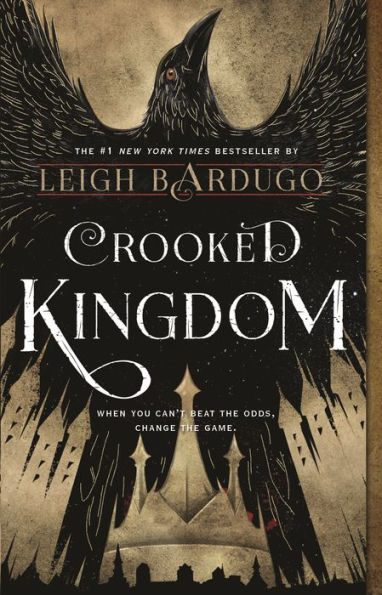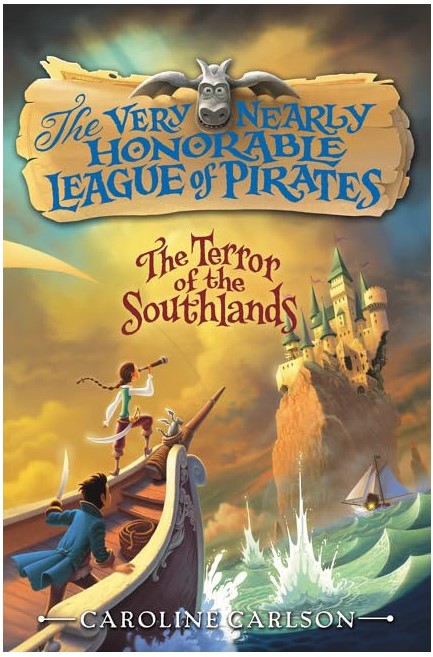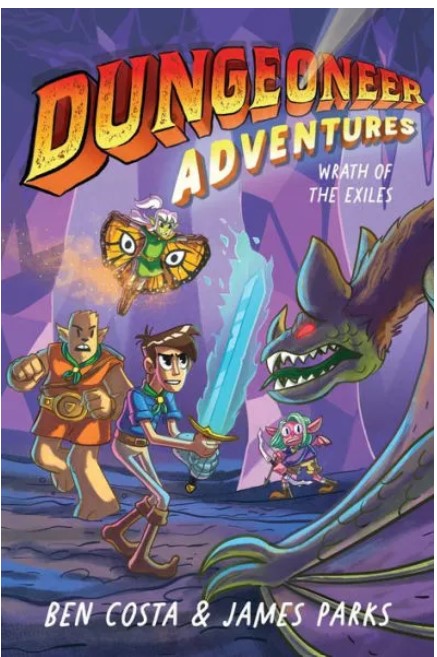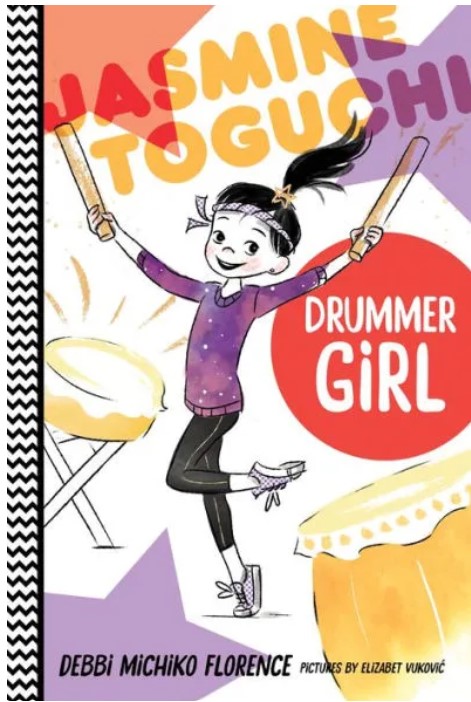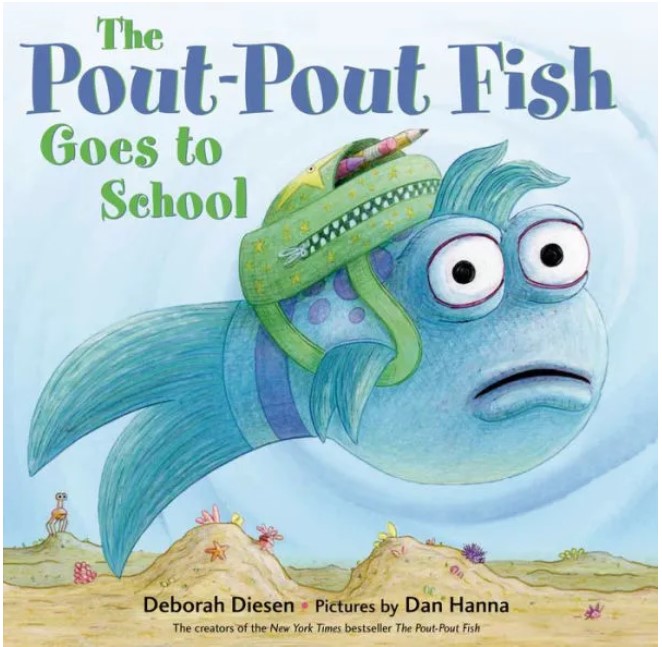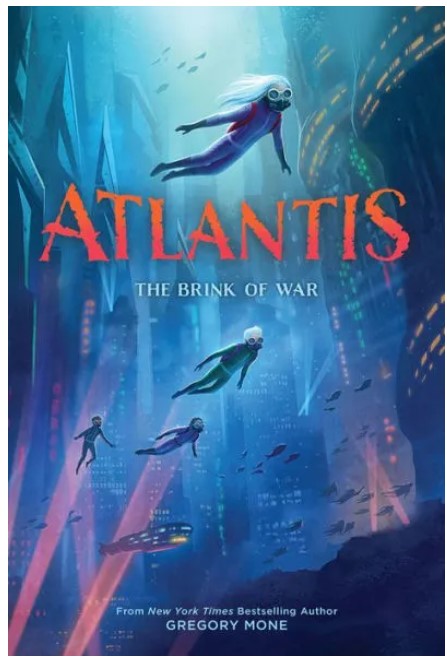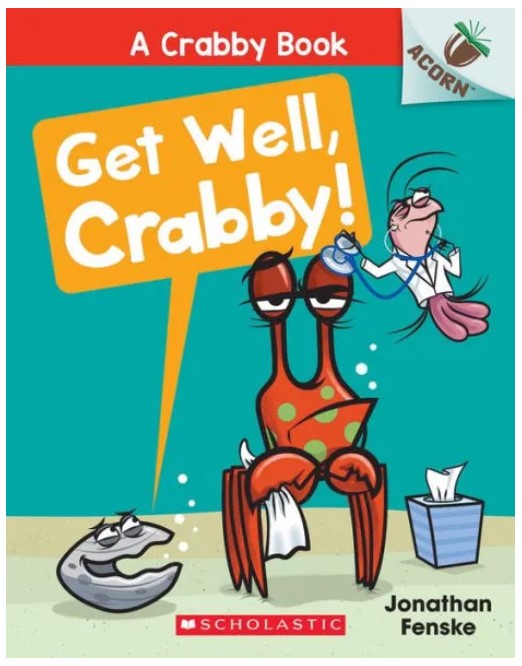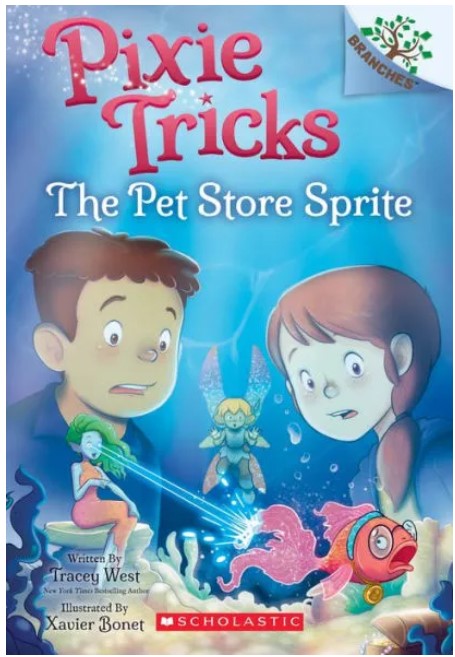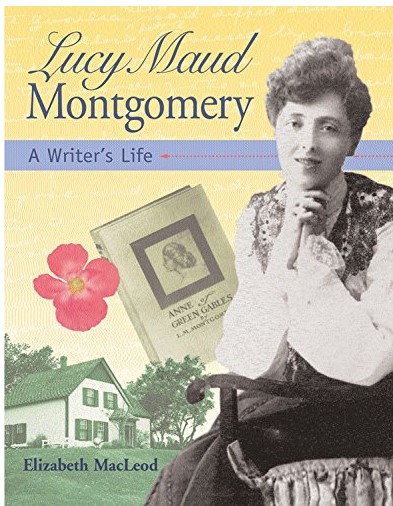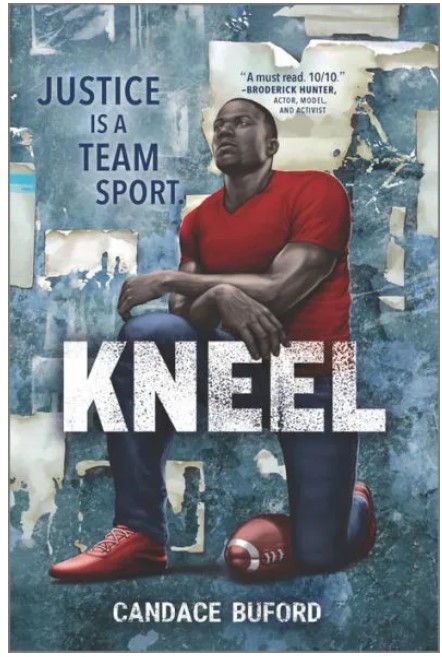When Jan Van Eck, a member the Merchant Council of Kerch, hired Kaz Brekker and his team to infiltrate the infamous Ice Court to extract the maker of the drug jurda parem, no one believed they really stood a chance. Yet Kaz, Inej, Wylan, Jesper, Matthias and Nina pulled it off, even if it was just barely. They extracted the drug maker’s son, Kuwei Yul-Bo, and were ready to receive the money that would make all their dreams come true. At least, until Van Eck betrayed them all and kidnapped Inej.
And the problems don’t stop there. Ketterdam has become a dangerous city, one that sees old and new enemies stream in to get a hold of Kuwei’s knowledge of jurda parem. To corner Kaz and his team, Van Eck will force the group to test their loyalties and use up all the wit they have to offer. With nowhere to run, there’s only one option available to Kaz: fight back.
While wanted posters display Kaz and his crew, the six are busy planning and plotting to find a way to get everything they’re owed. They’ll save Inej, get Kuwei out of the city, and make Ketterdam theirs again. One way or another, they’ll even the score.
Bardugo’s Crooked Kingdom is just as fun and exciting as the first novel. Building off their trip into the Ice Court, Crooked Kingdom delves deeper into the main conflict between Kaz’s crew and Jan Van Eck. From the very beginning, the claustrophobia of Ketterdam, its sense of despair, and its dwindling hope take center stage, laying the foundation for the story to push the main characters into finding their own way out of the hole they’ve found themselves in.
That’s where the main theme of standing up for yourself comes in. Learning to fight for yourself in a cruel, greedy world comes across easily through Kaz’s determination to see his crew properly rewarded for helping stop the production of jurda parem, the drug that enhances Grisha power. This theme also comes through with the other five main characters, like Inej’s desire to hire a ship and go after slavers or Wylan’s realization that he needs to overcome his father. It’s safe to say that each member of Kaz’s crew is a role model in their own right. Each person grows stronger from the trials they encounter.
Overall, Crooked Kingdom is a wonderful follow-up to Six of Crows. This sequel is definitely a must-read. The book is chock full of action, suspense, and plot twists from beginning to end. The main cast of characters really shine in the hectic moments of the plot. While the pacing can feel relentless at times, that only raises the stakes.
Sexual Content
- When going over the plan to con Smeet, one of Kaz’s targets, Kaz tells the others, “Smeet never cheats on his wife.” During the job, Wylan thinks when he sees Nina, a member of Kaz’s group, “She was dressed in a sheer lavender gown rigged with some kind of corset that pushed her cleavage to alarming heights, and though she’d lost weight since her battle with parem, there was still plenty of her for Smeet to grab onto.” And, again later on, Smeet “was ogling those guns almost as much as Nina’s cleavage.”
- When thinking about her past as a working girl, Inej, Kaz’s love interest, thinks, “The man with sharp teeth like a kitten who had bitten at her breast until she’d bled.” Later, when thinking about the worst client she had, Inej thinks, “because when the man who smelled of vanilla had begun to kiss her neck and peel away her silks, she hadn’t been able to leave her body behind.” Finally, when her thoughts stray to Kaz, Inej thinks, “What if he had come to her, laid his gloves aside, drawn her to him, kissed her mouth?”
- When Inej is attacked by Dunyasha, an assassin, Dunyasha says, “I hear you whored for the Peacock.”
- When confronted by a group of thugs, Nina tells the leader, “‘I’m fast enough to make sure you never’ —her eyes gave a meaningful slide below his belt buckle—‘raise a flag on West Stave again.’”
- When thinking about his first few nights in the Barrel, Wylan remembers, “The couple in the room above him were fighting. The couple in the room below him were definitely doing something else.”
- Later, Wylan remembers how a man told him, “Young dollop of cream like you should be able to make fine coin on West Stave.” When Wylan thinks about getting help from his father, he thinks, “But he would sell himself in the pleasure houses of West Stave before he’d ask for his father’s mercy.”
- When Wylan first met Jesper, his “first thought was that this boy had the most perfectly shaped lips he’d ever seen.”
- When waiting to meet Ravkan Grisha, Matthias is alone with Nina and thinks, “It was too easy to imagine himself kneeling like a penitent before her, letting his hands slide up the white curves of her calves, pushing those skirts higher, past her knees to the warm skin of her thighs.”
- When Jesper meets Wylan in the music room of a hotel, he “moved slowly, deliberately, kept the kiss quiet, the barest brush of his lips, giving Wylan the chance to pull away if he wanted to.” Then later, when Jesper sees Kuwei standing in the doorway, he asks, “Do the Shu not kiss before noon?”
Violence
- When Retvenko, a Grisha, thinks about his previous employment, he thinks, “After Hoede had died, the Kerch Merchant Council had let Retvenko take on sea voyages to pay his way out of the indenture.” Later on, Retvenko thinks about his role in a former war. “He’d murdered former comrades, civilians, even children.” When Retvenko is later attacked, he “peeked around the desk in time to see the shotgun blast strike the woman directly in the chest.”
- When thinking about a past conversation with Kaz about a working girl, Wylan remembers that Kaz said, “Tante Heleen beat her to death.” After that, Wylan remembers, “They were the last words he’d spoken. If he’d talked less, he might have lived.”
- When speaking to a little girl who could give Kaz and Wylan away, Kaz tells her, “Because if you do, I’ll slit your mother’s throat and then your father’s, and then I’ll cut out the hearts of all these sweet slobbering hounds.” Afterwards, Kaz justifies what he said by saying, “It was that or snap her neck and make it look like she fell down the stairs, Wylan.”
- When Inej is detained by Van Eck, she thinks about her friend Nina “squeezing the life from a man with the flick of a wrist.” Later, Inej is trying to free her wrists “After what seemed like a lifetime of sawing and scraping and bloodying her fingertips on the shard’s edge.” And, when Inej is about to be tortured, Van Eck tells the torturer, “I don’t want it to be a clean break. Use the mallet. Shatter the bone.”
- When Jesper and Wylan go to meet Colm, Jesper’s father, “A shot rang out against the walls of the courtyard. Jesper shoved his father behind him as a bullet pinged off the stones at their feet, sending up a cloud of dust.” Later, Wylan tells Jesper, “I’ve got two flash bombs and something new I rigged up with a little more, um, wallop.” When someone sees Jesper, Wylan and Colm fleeing through a library, he says, “I won’t go with you! I’ll kill myself first!”
- When Nina realizes Kaz has the jurda parem, she tells Matthias that Kaz would “slit my throat” if she tried to take some from him. Later, Nina’s Grisha power doesn’t work. After she killed a guard, she says, “I didn’t mean to kill him.”
- After the panic about a plague, Wylan muses over how “people were bruised and concussed, and Wylan had heard that one woman’s hand had been crushed when she’d gotten knocked to the floor.”
- When Matthias is confronted by a Fjredan drüskelle warrior, the warrior says, “You killed my friends. In the raid on the Ice Court.” After that same warrior shoots Matthias, he passes away. “The light vanished from his eyes. His chest stilled beneath her hands.”
- When threatening Pekka Rollins, the former King of the Barrel, Inej tells him, “I left pretty Dunyasha’s brains dashed all over the Ketterdam cobblestones.”
- When Kaz threatens Pekka Rollins, he says, “‘I buried your son,’ he crooned, savoring the words. ‘I buried him alive, six feet beneath the earth in a field of rocky soil.’” Later Kaz says, “‘Inej, I could only kill Pekka’s son once.’ He pushed the door open with his cane. ‘he can imagine his death a thousand times.’”
Drugs and Alcohol
- As with the first book, alcohol is mentioned frequently in the novel.
- Retvenko, a minor character, is drunk at the very start of the book. At a bar in the Barrel, where the thugs and cheats of the city live, Retvenko realized, “The whiskey had failed to warm him.” Later, when speaking to a barman he thinks, “His Kerch wasn’t good to begin with, and it was worse after a few drinks.”
- Wylan, a member of the Dregs, has to pretend to be a waiter at a gambling hall. When signaled to serve champagne, he thinks, “He at least knew how to pour a proper glass of champagne without it foaming over.”
- When thinking about Wylan’s change in appearance, Jesper thinks, “It always left him feeling a little off-kilter, like he’d thought he was reaching for a cup of wine and gotten a mouthful of water instead.” Later Jesper says to Wylan, “I mean, just think of the heights of debauchery we could reach if no one kept this city in check. Champagne for breakfast.” When Jesper and Wylan later speak with Jesper’s father, Jesper thinks, “They’d eat. They’d talk. Maybe they’d drink. Please let them drink.”
- As with the first book, jurda parem, a harmful drug that enhances a Grisha’s (magic user’s) powers, is a main plot device in the story. Kuwei, the son of the creator of jurda parem, says that he can discover “An antidote for parem.”
- Nina, a member of the Dregs, comments that she could “masquerade as a jurda parem dealer” as a joke when going over Jesper’s role in a job. Later in the story, Nina thinks about the aftereffects of jurda parem on her body. “She’d still been trying to purge the parem from her body, caught in the haze of suffering that had begun on the voyage from Djerholm. She told herself to be grateful for the memory of that misery, every shaking, aching, vomiting minute of it.” Later, she remembers how she acted towards Matthias, her boyfriend, while dealing with the aftereffects. “The shame of Matthias witnessing it all, holding back her hair, dabbing her brow, restraining her as gently as he could as she argued, cajoled, screamed at him for more parem. She made herself remember every terrible thing she’d said, every wild pleasure offered, each insult or accusation she’d hurled at him.”
- When trying to use her Grisha power, Nina remembers how her jurda parem addiction affected her. “She’d broken into a sweat from the effort, and as soon as the bruised color faded, the hunger for parem hit, a swift, hard kick to her chest. She’d bent double, clutching the sink, her mind filled with breakneck thoughts of how she could get away, who might have a supply, what she could trade.” Later on, when Nina asks Kuwei about whether the drug affects Grisha power, Kuwei responds, “I don’t know. You took the drug only once. You survived the withdrawal. You are a rarity.”
- When sneaking into someone’s home, “Nina had suggested drugging the dog’s food.”
Language
- Profanity is used frequently in the novel. Profanity includes words like: ass, hell, bastards, damn, bitch, and fuck.
- When telling his team about his plan to con a man named Smeet, Kaz says, “So you all need to do everything you can to keep his ass firmly planted at that table.”
- When debating with Matthias about whether one of their targets will invite Nina back to her room, Nina says, “Like hell he won’t.” When speaking to Wylan about the Smeet job, Kaz says, “We can’t be here when he gets back or the whole plan goes to hell.”
- When Kaz is musing over a certain type of lock, he thinks, “They were complicated little bastards.”
- When Jesper talks to Kuwei, he says, “You have that damn travel pack.” Soon after that Jesper says, “There’s only one way out of the tomb, and we’re on a damn island.”
- When Nina is attacked by a group of thugs, one of them yells, “They’re coming for the Grisha bitch!”
- When Nina demanded Matthias get her more jurda parem, she tells him, “Then break the fucking door down, you useless skiv.”
Supernatural
- The Grisha, AKA the magic users, are an integral part of the world of Crooked Kingdom, just like in Six of Crows.
- Like in the first book, the Grisha are categorized into groups based on their powers. The Corporalki, also known as the Order of the Living and the Dead, include Heartrenders and Healers. The Etherrealki, who are the Order of the Summoners, include Squallers, Inferni, and Tidemakers. The Materialki, who are the Order of Fabrikators, include Durasts and Alkemi. For instance, “A Corporalki could manipulate the human body, not inorganic matter.”
- Many Grisha are brought into the city of Ketterdam to work “As a treasured Grisha indenture,” though this is more often than not just a masked form of Grisha slavery. Retvenko, a Squaller, thinks about how dangerous it is to be a Grisha. “But when you were a Grisha, even staying still could mean courting trouble.
- Retvenko, a Squaller, thinks about how his powers will help his job. He thinks, “so the crew would rely on Retvenko to master the air currents and guide the ship calmly to whatever port they needed to reach.”
- At one point in the past, there was an army of Grisha that fought for the nation of Ravka, called the Second Army. The “young king was said to be handing out pardons like penny candy, eager to rebuild the Second Army, the Grisha military that had been decimated by war.”
- The Council of Tides, the ruling council of Grisha in Ketterdam, are a very mysterious group of people. “They were supposedly Grisha, but had they ever lifted a finger to help the other Grisha in the city?”
- Kuwei, the son of the man who made the drug, jurda parem, says at one point, “My father was a Fabrikator. I am just an Inferni.” When Kuwei asks Kaz to get a Grisha to change his appearance, Kaz says, “The only Tailors powerful enough to make you look like someone else are in Ravka, unless Nina wants to take another dose of parem.”
- Nina is a Corporalki Grisha. When thinking about her jurda parem addiction, she thinks, “They needed her to be a Corporalki, not an addict with the shakes who wore herself out with the barest bit of tailoring.” Later on, when she needs to use her power, she thinks, “Slow their pulses. Send them quietly into unconsciousness without ever letting an alarm sound.” Immediately after that, Nina’s power doesn’t work, “It was like stumbling blind through the dark…Dimly, she was aware of the suggestion of their frames, a trace of knowing, but that was all.”
Spiritual Content
- Like in the first book, the most mentioned god in the novel is Ghezen, the God of Commerce in Ketterdam.
- When Retvenko goes to a work assignment aboard a ship, the first mate says, “Ghezen, Retvenko. Have you been drinking?” When Kaz bumps into one of his targets accidentally, he pretends to be a humble young man saying, “Too kind, sir. Too kind. May Ghezen be as generous.” Later, Van Eck talks about his future fortune by saying, “When I leave this world, the greatest shipping empire ever known will remain, an engine of wealth, a tribute to Ghezen and a sign of his favor.”
- When speaking about Van Eck’s illegal practices, Jesper says, “Isn’t not paying your taxes…I don’t know, sacrilegious? I thought he was all about serving Ghezen.”
- Like in the first book, the Suli Saints are mentioned again. Inej thinks, when she’s still in the villain Van Eck’s custody, “Saints, what if she was in Van Eck’s mansion?” When Inej thinks about her sins, she muses, “Would her Saints sanction such a thing? Could forgiveness come if she killed not to survive but because she burned with a living, luminous hatred?” Just as she’s about to be tortured by Van Eck, Inej thinks, “Saints protect me. Saints protect me.”
- The Church of Saint Hilde is a famous sight in Ketterdam. When Kaz tells Wylan where the latter can find his mother, he says, “Well, he’s been making donations to the Church of Saint Hilde for the last eight years. If you want to pay respects to your mother, that’s probably the place to start.”
- On Black Veil, an island full of graves, some of the graves “bore the stamp of Ghezen’s Coins of Favor… A few were watched over by Ravkan Saints in flowing marble robes. There was no sign of Djel or his ash tree.”
- Djel, the Fjerdan god, is also mentioned a few times in the novel. When Matthias is reflecting over his past actions, he comes to a revelation. “Now he was sure of nothing but his faith in Djel and the vow he’d made to Nina.”
- Colm tells Kaz, “You haven’t been Alice long enough to rack up your share of sin.”
by Jonathan Planman
